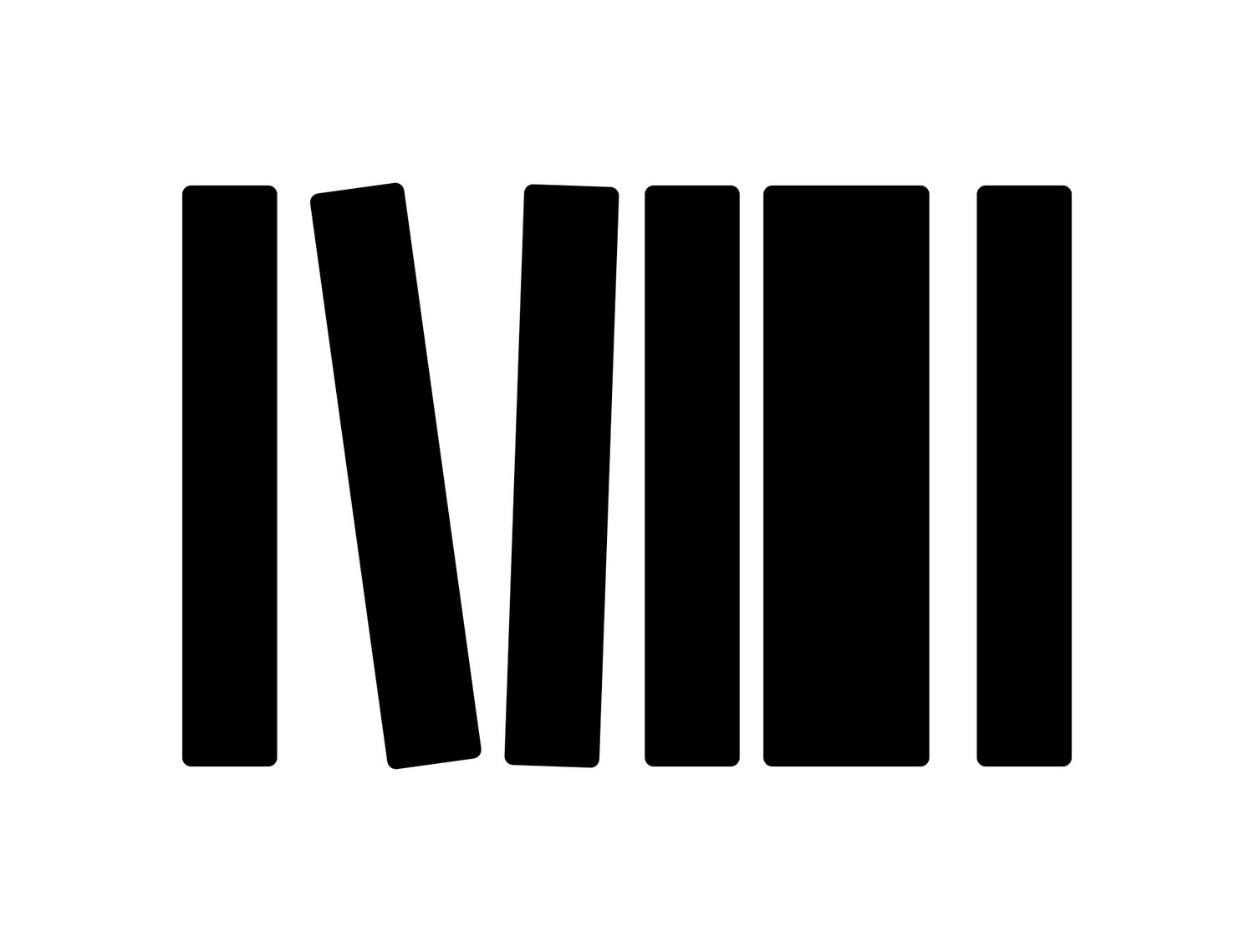BY BEENISH AHMED
"I lost inspiration for three years, only to recover it in my small frigid box — cell 5, ward 23," Omar Hazek, an Egyptian poet and novelist wrote in a letter from prison last year. Having served nearly all of his two year sentence for participating in a protest after the government outlawed public gatherings without official permission, Hazek was pardoned last week by President Abdel Fattah el-Sisi along with 99 others, including two Al Jazeera journalists.
Hazek used his time in prison to work on two novels, writing through the night despite trying circumstances. He described his struggle -- and gratitude -- for the fulfillment of very basic needs in a letter last December, translated from Arabic by his sister, Zahraa Abd Al Aziz:
As I write, I remember a cold morning when we were taken outdoors to exercise. I noticed that the sergeant on duty is a kind-looking old man. I approached him and asked who puts on the night lights, and he responded that it was him. I asked him to light the lantern and the torch, because I need the light. I was at a point in writing the novel where I needed much contemplation to decide on the major developments of the plot. The man smiled, promised, and delivered his promise.
I am deeply grateful for all who helped me find light at night. Islam Hassanein would grant me space on his bedding, sleeping squeezed, to let me sit in this dimly lit square. Dr. Mohammad Hindawy who would grant me his chair — allowed in with great difficulty, because he had some back injury. The artist Sherif Farag finally invented a primitive oil candle using oil, tissue paper, orange peel, and the bottom side of a mineral water bottle. Hindawy also negotiated with the prison commissioner to allow us a small lamp in our cell in al Hadarah prison. I know for sure that my eyesight has become weaker, but I am in a much better position now; and I have my own small lamp — which I protect like a dear daughter of mine.
Omar Hazek, in white. Image courtesy of Arablit.org.
The writer was one of thousands arrested as part of a brutal crackdown on dissent in Egypt. Despite the worsening rights situation and grim prospects for those combatting it, Hazek implored fellow Egyptians to guard the flickering flame of their freedom.
If you think like me, you will feel no depression or disappointment. Because in these dark times, we have the chance to live by our own light, to live with what we have of love for freedom. In the darkest hours toward which we seem to be heading, a small beam of light still glitters calmly in the darkness.
In "I Tear Down The Poem over you," Hazek kindles a glimmer of hope and sweeping patriotism, saving it from the boot of oppression that crashes down around him. Here is an excerpt of an English translation of the poem, featured by PEN International, which advocated for the writer's release:
My smell has scratched the morning breeze,
And the policeman came as meaningless menses
I told him: This is my corpse so -if you please- just leave
So he asked for my identity card, comparing the photos and names,
Saying: My heart is a clean new shoe, so shed your blood away
This morning is mine, bursting with joy.
I then called: Oh sea (and I held its blueness),
Send us two waves and take my dead carcass
It will be eaten by the hungry orphaned fish.
He said: I am asleep, leave my bed.
-“O sea I am Alexandria”,
The policeman told me: “Take Alexandria you damned,
And get her out of here,
Alexandria is torturing me with a flower in a loving hair braid
At the peace of sunset;
My shoe is hungry to crush her like a cockroach”.
I sang: “O Alexandria, you lovely joy of the poor
Do Re Mi /Fa So La / Si Do Re
But she did not answer,
Alexandria was afraid urinating behind her Ptolemaic graves,
I told her: This is my corpse so give me a sail
And get up, let us defend our death.
She said: Go to the sea, for it has become a gateway for all graves.
I went to arrange the letter of my words, letters above letters…
This is my cane, which I will chase you soldiers with,
And torture you with the chanting of my birds
Do Re Mi /Fa So La / Si Do Re
shall tear down the poem above you all to die,
I am the Mother Language,
Words are my children
And you are biting them to throw your name-calling insults in the face of girls;
I will deprive you – sldiers- of my presence…
So live on without a language
You will not say sweet talk to your wives,
You will not pray for your fathers,
And you will not laugh with your children;
So, leave my corpse and go…
Alexandria is carried in a drop of my blood, running on the mud
Forgive me my country; the poem is bleeding in my sores and blisters
Do Re Mi /Fa So La / Si Do Re
[...]
I see the “Mediterranean” cities spreading its toys on the beach of Alexandria, And swim…
I see Alexandria throwing a water ball to Cordoba, both laughing.
My homeland…My homeland… My homeland
My sky walks to you; and my pasture and my light
Do Re Mi /Fa So La / Si Do Re.
H/T M. Lynx Qualey of Arablit.org


